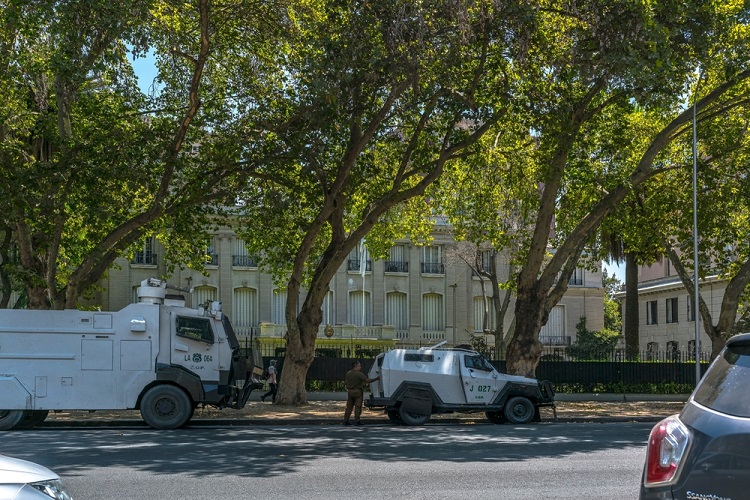Telematics and Sustainability: Maximizing Fleet Performance with Data
The convergence of technology and sustainability is changing how businesses manage their fleets in the era of data-driven decision-making. With its plethora of real-time data and insights, telematics, a cutting-edge solution, is transforming the field of fleet management. Telematics is a major accelerator for sustainability in the transportation sector and goes beyond merely being a fleet management tool. Businesses can improve operations, minimize expenses, and reduce emissions by utilizing the data they give.
Telematics is a win-win solution, benefiting the bottom line and the planet. Ree Auto’s innovative electric platforms are crucial in enhancing fleet sustainability through telematics. By integrating Ree’s modular electric chassis into a fleet, companies can benefit from real-time data insights and maximize fleet performance. The electric platforms and telematics powered by Ree Auto contribute to a greener, more cost-effective, and data-driven future for fleet management.
Here, we will explore the pivotal role of telematics in enhancing fleet performance while promoting sustainability. Let’s dive into how data-driven solutions drive a more eco-conscious future for fleet operations.
Table of Contents
1. Real-time Fleet Monitoring
Telematics systems offer real-time insights into a fleet’s performance, enabling managers to monitor vehicle locations, driving behavior, and engine performance. With this data, fleet managers can optimize routes, reduce idle time, and promote efficient driving practices, ultimately reducing fuel consumption and emissions.
2. Fuel Efficiency and Emissions Reduction
Telematics data empowers fleet managers to monitor fuel consumption with precision. By identifying trends and areas for improvement, they can implement strategies to reduce fuel waste. In turn, this minimizes the fleet’s carbon footprint and contributes to a greener environment.
3. Maintenance Predictions and Vehicle Health
Telematics systems can monitor the health of each vehicle in a fleet. Managers can schedule maintenance proactively by collecting data on engine performance, tire pressure, and other critical parameters. Well-maintained vehicles run more efficiently, consume less fuel, and emit fewer pollutants, aligning with sustainability goals.
4. Route Optimization
Telematics provides route optimization capabilities considering traffic conditions, weather, and real-time data. Fleets can reduce mileage and fuel usage by selecting the most efficient routes, contributing to cost savings and environmental benefits.
5. Driver Behavior Analysis
Telematics data isn’t just about the vehicles; it’s also about the people behind the wheel. Monitoring driver behavior, such as speeding, aggressive acceleration, and harsh braking, allows fleet managers to identify areas for improvement. By promoting safer and more efficient driving practices, telematics systems help reduce fuel consumption and accidents.
6. Reduced Downtime
Telematics can predict potential vehicle operation issues before they become major problems. This capability reduces unscheduled downtime, keeps vehicles on the road, and avoids the need for replacement vehicles or rentals, which can be environmentally costly.
7. Compliance with Emission Standards
With stricter emissions regulations becoming the norm in many regions, telematics can help fleets track and ensure compliance with these standards. In addition to avoiding expensive fines, this supports broader efforts to lessen the carbon impact of commercial vehicles.
Telematics is a crucial tool for fleet managers trying to have an influence in a world where environmental issues are at the forefront of people’s minds. It enables them to meet and exceed sustainability goals while improving operational efficiency. As technology advances, the future of fleet management is anticipated to be cleaner, greener, and more data-driven than ever. Telematics is, therefore, the key to a sustainable and effective future for your fleet, regardless of whether you are in charge of a small delivery fleet or a major logistical business.

